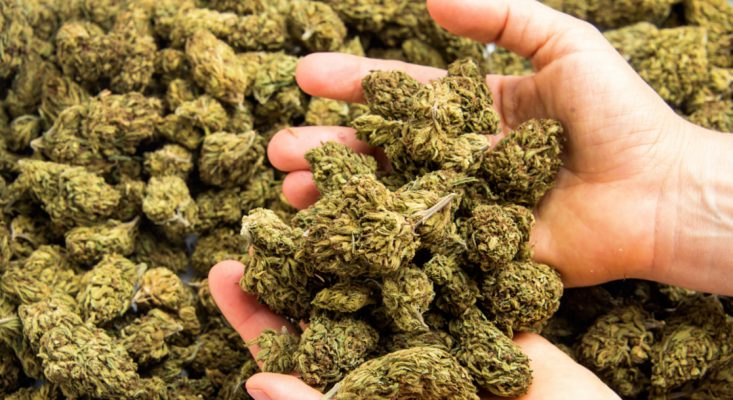The German parliament voted Friday in favour of legalising the possession and controlled cultivation of cannabis starting in April, despite fierce objections from the opposition and campaign groups.
Under the new law, it will be possible to obtain up to 25 grams of the drug per day for personal use through regulated cannabis cultivation associations, as well as to have up to three plants at home.
However, possession and use of the drug would remain prohibited for anyone under 18.
Ahead of the vote, Health Minister Karl Lauterbach called on members of parliament to back the controversial law, arguing that “the situation we are in now is in no way acceptable”.
Germany has seen a sharp rise in the number of young people using cannabis obtained on the black market, with no guarantees over the drug’s composition, said Lauterbach, a member of Chancellor Olaf Scholz’s Social Democrats.
But Simone Borchardt of the opposition CDU said the new law would only increase health risks for young people, calling Lauterbach’s assurances “no more than mere lip service”.
Germany overtakes Japan as third-biggest economy
Borchardt accused the three parties in Scholz’s coalition government of “making policy for their ideology and not for the country”.
The cannabis law has also been the subject of bitter wrangling within the coalition of Scholz’s Social Democrats, the Greens and the liberal FDP.
In their coalition agreement, the three parties had pledged to go further and allow cannabis to be sold in shops, only to be slapped down by the European Union.
The new law has also been widely criticised by medical associations and health groups.
The German public is divided on the issue: According to a YouGov poll published on Friday, 47 percent are in favour of the plan and 42 percent are against.
AFP







